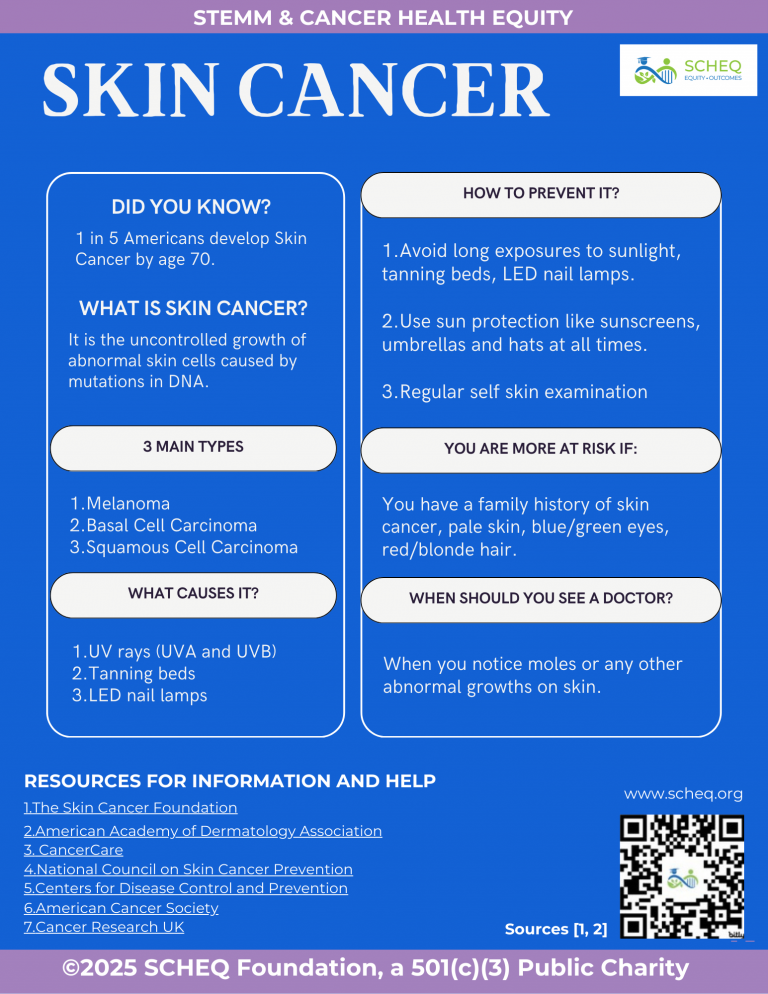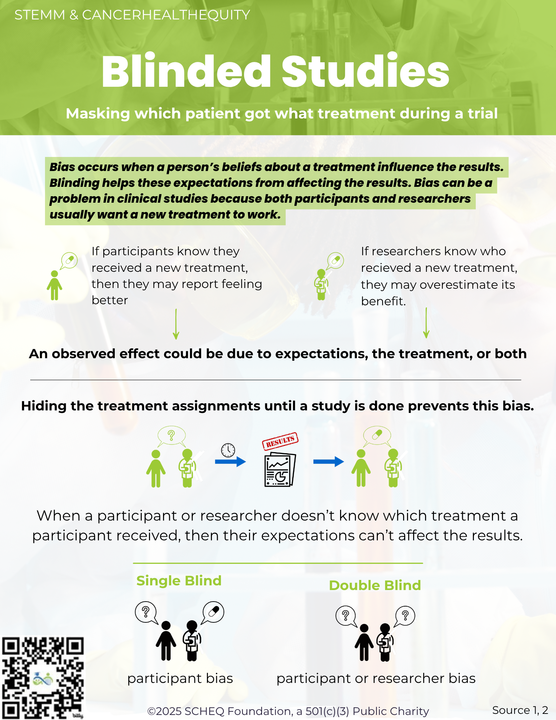Eugene Manley, Jr., Ph.D., 12/5/2023
This was my first time attending the 3rd Annual Florida Society of Clinical Oncology (FLASCO) Cancer Disparities and Health Equity Summit held at the Diplomat Beach Hotel & Resort in Hollywood, FL on Nov 3-4, 2023. I was invited to attend and speak on behalf of the SCHEQ Foundation by Dr. Luis Raez due to my work in mentorship in lung cancer and webinars relating to health equity in lung cancer. This meeting aligns with our goals at SCHEQ of increasing STEMM workforce diversity and improving outcomes for underserved populations navigating the cancer care continuum. The conference covered various aspects of disparities and health equity across the care continuum and how various stakeholders engage in care. There was also a vendor session, with many local and national reps from pharma and nonprofit organizations present. I will also say we were fed well, but you had to pay attention, as if you were late the food disappeared. Below, I list some general takeaways from this exciting and informative meeting.
Genetics and Biological Determinants of Cancer Disparities
There were several discussions about racial and ethnic differences in multiple myeloma, prostate cancer, lung cancer, and breast cancer. While we know that race is a social construct, environment and social determinants of health (SDOH) are often proxies for what can happen by race. The talks highlighted differences in gene expression, immune markers, and specific therapeutics options that would not be found in data based solely on those of European descent. There was a presentation that took a deep dive into the role of obesity in breast cancer and other tumors. There were discussions about developing multi-level interventions to address disparities as just looking at one gene one outcome will not address the depth of these issues.
Industry Addressing Disparities in Health Care, Proposal, and Partnerships
There were several speakers from 9 companies over 2 different panels. I learned about the Health Equity Compact (HEC) which is an organization in Massachusetts that brings together over 80 leaders of colors across the state who work in various capacities. These include labor, payers, health centers, business, hospitals, academic institutions, and public health that work together to advance health equity in MA. One company has made it a priority to adjust trials by having diversity and inclusion benchmarks as they are enrolling patients. They will adjust the outreach and enrollment arms during the clinical trials to ensure that there is diverse representation in those studies. They also partner with patient groups, especially those working with or from underrepresented communities. Another organization learned a lot of information from a presentation by a Health Equity leader, and now they have added many health equity projects. While these numerous projects are great, they still are working on finding a central place to store/house all of these programs. Some also discussed partnerships with nonprofits and hospitals to advance studies focusing on underserved groups.
Using Social Media for Cause and Impact in Education & Other Aspects of Cancer
I was a panelist on the last session of the conference with Terri Conneran from Kras Kickers, and Sarah Louden from Total Health Oncology. Our session revolved on using social media for education awareness, and advocacy. This session was moderated by Dr. Estelamari Rodriguez from Sylvester Comprehensive Cancer Center.
- We discussed that there is no real way to combat misinformation. The only thing that you can do is be consistent, reliable, factual, and a trusted resource so that when anyone engages with your organization already knows that your materials are beyond reproach.
- Regarding building trust, we indicated that you must be willing to go into the communities, remove the medical jargon, remove your degrees, and be willing to listen to people where they are.
- Underserved populations face so much bias, angst, and being ignored that you must be able to place yourself in their shoes.
- We touched on highlighting and amplifying other people that are doing great work. There are many issues in health equity, and not one person or group can tackle them all. It is great to have partnerships and amplify others that are doing great things. It reduces the chances of burnout and collectively can move the needle.
- We drove home the point of the importance of workforce diversity and mentoring of diverse scholars, as this will create more professionals with lived experience and understanding of certain nuances that are routinely taught in academia or medicine.
In summary, it was a very informative, exciting, and inspiring meeting. There are many people and organizations doing great things to change outcomes for diverse groups navigating cancer.
Eugene Manley, Jr. PhD. Is the Founder and CEO of the SCHEQ Foundation (STEMM & Cancer Health Equity) in New York City. Dr. Manley is a Mechanical Engineer, Biomedical Engineer, and Molecular and Cell Biologist that is dedicated to mentoring, health equity, workforce diversity, training programs, partnerships, and advocating for underserved and marginalized populations.
Interested in learning more about SCHEQ? Please visit our website. If you would like to donate to help us achieve our mission, please click here. If you would like to use another option like stock, wire, or donor advised fund, please contact us. We are a fiscally sponsored organization by the Goodnation Foundation, with EIN number 81-4768488.



